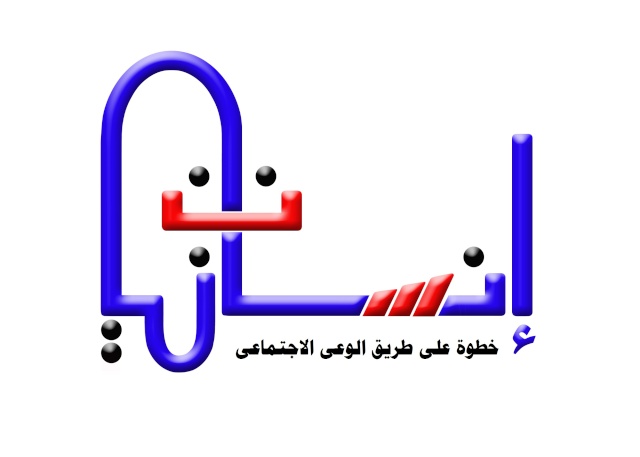د. فرغلى هارون
المدير العـام

 عدد الرسائل : 3278 عدد الرسائل : 3278
تاريخ التسجيل : 07/05/2008
 |  موضوع: Social Cognition Among Children with Cancer and Comparison Peers, Master موضوع: Social Cognition Among Children with Cancer and Comparison Peers, Master  12/11/2010, 3:04 pm 12/11/2010, 3:04 pm | |
|
Social Cognition Among Children with Cancer and Comparison Peers
By Salley, Christina G.
Master of Arts, Ohio State University, Psychology, 2009.
Pages: 79p.
0.81 MB PDF file
Abstract:
The experience of cancer during childhood is marked by significant challenges. In addition to the broader danger of a life threatening illness, children undergo demanding treatment protocols that disrupt daily routines and create a range of side effects that may cause both physical and emotional discomfort. While managing the demands and physical side effects of treatment, children must try to continue normal development. It is commonly suggested that children return to school while still undergoing active treatment in order to maintain academic progress and peer relationships. Nevertheless, a prolonged initial absence after diagnosis is common, and there is often concern that children will experience social difficulties when returning to school due to peer reactions to the physical side effects of treatment.
This has led to suggestions that services to facilitate school reintegration should include training in social skills to help children manage illness-related social stressors. Unfortunately, there is little empirical data to guide the content or even support the need for social skills interventions at this time. In fact, there is growing evidence that many children with cancer experience quite positive social outcomes after returning to school. Specific areas of social functioning typically targeted by social skills interventions, such as social goals, knowledge of social strategies, self-efficacy for assertive social interaction, have not been examined in this population. The current study examined areas of social information processing often targeted by social skills programs in order to understand the degree to which these proposed programs may be necessary for children with cancer. Children ages 8 to 15 were recruited upon returning to school while on treatment for cancer. Data were collected in the child’s classroom and home. School data collection included peer ratings of the child’s social behavior and acceptance, while home data collection included child self-report measures of social problem solving strategy generation, social goals, and social self-efficacy. Classmates matched for age, race, and gender were recruited as a comparison group. We expected that children with cancer would be viewed by peers as less aggressive and better liked than comparison children.
We hypothesized that children with cancer would generate fewer aggressive social strategies that would be judged to be more prosocial. We predicted that children with cancer would be less likely to endorce goals reflecting revenge or dominance and more goals reflecting affiliations. We also predicted that children with cancer would report lower social self-efficacy than comparison children. Children with cancer were viewed as less aggressive and were better liked by classmates than comparison children. Social strategies did not differ with respect to their quantity, content, or extent to which they were prosocial between groups. Children with cancer had less self-efficacy for non-conflict situations and were more likely to endorse goals reflecting revenge and less likely to endorse goals reflecting affiliation. Overall, few group differences in social cognition were found; however, children with cancer may benefit from social skills interventions designed specifically to target self-efficacy for entering social situations. Study limitations and recommendations for future research are discussed.
أدع لنا بالخير وها هو الرابط
[ندعوك للتسجيل في المنتدى أو التعريف بنفسك لمعاينة هذا الرابط]
| |
|
